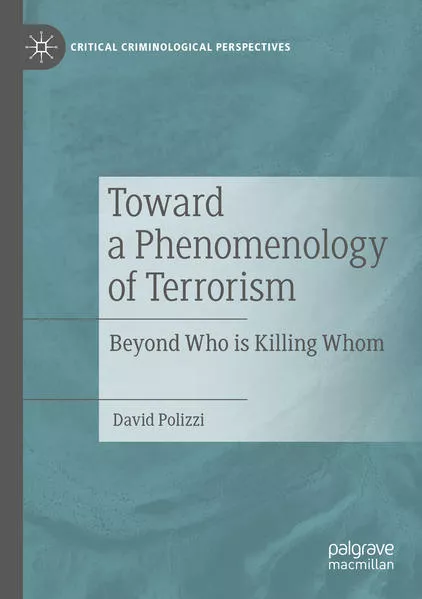
- Publikationen ca: 3
- Buchbewertungen ca: 2
- Fragen & Antworten
David Polizzi
David Polizzi is currently teaching in the School of Criminology and Security Studies at Indiana State University, USA. He has a PhD in Clinical Psychology and an MA in Humanistic Psychology along with an MA in International Affairs. Prior to pursing his PhD in Clinical Psychology, he worked as a forensic psychotherapist both in maximum security penitentiary settings along with individuals returning to the community.
Bruce Arrigo
This book examines various aspects of the work of Bruce Arrigo related to therapeutic jurisprudence, criminal justice ethics, and the place of critical theory in criminology and related fields. Arrigo’s work spans over thirty years and during that time has been an important voice in the practical and theoretical application of post-modern and critical theoretical approaches to mental illness, the practice of forensic psychology, and a wide variety of critical reflection concerning incarceration, rehabilitation, and the ethical practice within the criminal justice system.
Bruce Arrigo
This book examines various aspects of the work of Bruce Arrigo related to therapeutic jurisprudence, criminal justice ethics, and the place of critical theory in criminology and related fields. Arrigo’s work spans over thirty years and during that time has been an important voice in the practical and theoretical application of post-modern and critical theoretical approaches to mental illness, the practice of forensic psychology, and a wide variety of critical reflection concerning incarceration, rehabilitation, and the ethical practice within the criminal justice system.
Toward a Phenomenology of Terrorism
This book examines the socio-psychological dynamics and drivers of terrorism from a humanistic perspective. Most interpret terrorism as meaningless, asocial violence but this book argues that it's not just a case of seeing 'who is killing whom' but that defining and understanding terrorism is configured by historical context and immediate experience.


